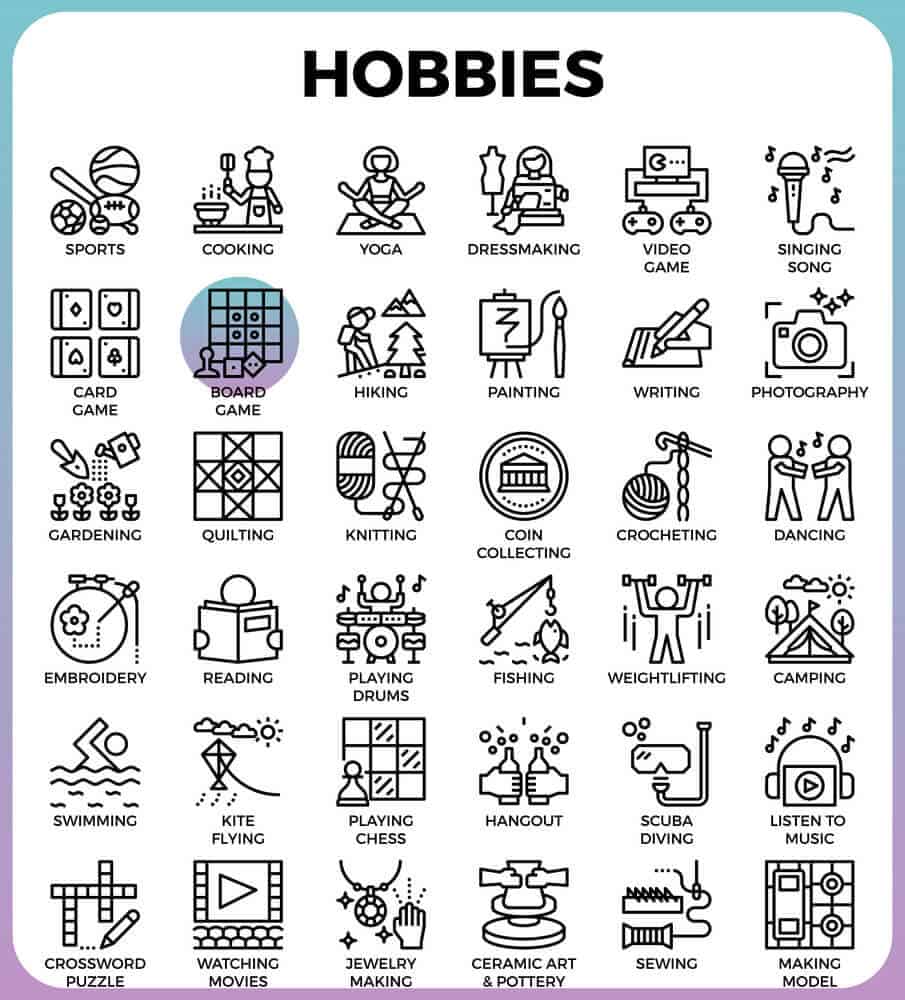For many, leisure time is a rare commodity. Everyday life is busy, and often we do not take time for ourselves. When we have leisure time, we may not utilize the time in a way that benefits our mind, body and soul, which affects us.
Physical Vs. Mental Health Effects Of Leisure Time Activities – Which Wins Out?
It’s been a long-standing debate: are leisure activities good or bad for our health? It’s argued that leisure pursuits give us a much-needed break from the stresses of daily life and can help us relax and rejuvenate. However, some say that leisure activities can lead to unhealthy behaviours like laziness, overeating, drinking and smoking.
A study, Association between leisure-time physical activity and health-related quality of life changes over time, has taken a closer look at the effects of different leisure activities on physical and mental health, and the results may surprise you. The study found that physical and mental health benefits were associated with leisure activities, but the type of activity made a difference. Specifically, physical activities were linked to better physical health outcomes, while mental activities are linked to better mental health outcomes.
As a therapeutic recreation specialist, I have seen the positive outcomes of leisure activities and hobbies. Yes, the result is quicker for some than others, but those that are consistent succeed. So, if you want to improve your physical health, consider taking up a physical leisure activity like hiking, biking or swimming, and if you’re going to improve your mental health, you may want to try a mental activity like reading, playing chess or doing crosswords. Of course, doing both is the best way to improve your overall well-being and health.
How Leisure Affects Physiological Health
Leisure activities do have a positive impact on an individual’s physiological health. For example, leisure activities can help to reduce stress, promote relaxation and improve mood. Furthermore, leisure activities can also help to improve cardiovascular health, increase muscular strength and flexibility, and reduce the risk of obesity. Thus, leisure activities can play an essential role in strengthening your values.
How Leisure Affects Emotional Well-being
Leisure activities can positively impact our emotional well-being, providing us with a sense of purpose, fulfilment and satisfaction. In addition, leisure activities can help us connect with others and give us a break from the everyday grind. While leisure activities and hobbies are not a cure-all for mental health problems, they can be essential to maintaining our emotional well-being.
Positive Outcome Of Leisure On The Body & Mind?
Leisure time, hobbies and activities can help us in many ways. The most common outcomes include:
1. Reduced stress
We all know that feeling of being stressed out. Whether it’s from work, family, or other obligations, stress can affect our mental and physical health. Leisure activities can provide a much-needed break from the demands of everyday life and help to relax both the body and mind.
2. Positive emotions
In addition to helping reduce stress, leisure activities promote positive emotions like happiness, joy, and satisfaction. When we participate in leisure activities that we enjoy, our brains release chemicals like dopamine and serotonin that can improve our mood and overall sense of well-being.
3. Social interaction and exercise
Leisure activities can also be a great way to get some exercise and social interaction. Many leisure activities, such as playing sports or hiking, require physical activity that can help improve our physical health, and many leisure activities take place in groups, so they can help us to grow our social network, meet new people and interact with others.
4. Sharpen cognitive skills
Many hobbies and leisure activities help improve cognitive skills like memory, attention, and problem-solving. That’s right, leisure activities that require mental engagement, such as reading a book, sewing, and woodworking, helps to keep our minds stimulated and sharp as we age.
5. Increased creativity
Leisure activities can also be a great way to increase creativity. When we participate in leisure activities that are new or challenging, our brains are forced to think and develop new patterns and come up with creative solutions. So if you’re looking for ways to boost your creativity, consider participating in leisure activities outside your comfort zone.
6. Improved sleep quality
If your sleep is not what you want it to be, leisure activities and hobbies help. You become relaxed when you participate in an activity or hobby that you enjoy. You forget about the troubles around you while focusing on your leisure activity which helps to ease the mind and body. Better sleep happens when you are relaxed and your mind is at ease.
7. Boost immune function
Leisure activities can also help to boost immune function. When we participate in leisure activities, our bodies release chemicals that can help fight off infection and disease.
8. Reduced pain
Leisure activities can also be a great way to reduce pain. When we participate in leisure activities, our brains release endorphins that can help to minimize pain sensations. So if you’re dealing with pain, consider participating in leisure activities that you enjoy regularly.
9. Increased energy levels
If you’re tired and sluggish, leisure activities can help give you a much-needed energy boost. Many leisure activities require physical activity that can help to increase circulation and get your blood flowing.
10. Improved mental health
When we participate in leisure activities, our brains release chemicals like dopamine and serotonin that improve our mood and overall sense of well-being.

Engaging In Purposeful Leisure Activities
It’s no secret that leisure time is often squandered on activities that leave us feeling more stressed or anxious than before. However, engaging in purposeful leisure activities can provide personal satisfaction, help you connect with others, and allow you to learn new skills. Leisure can also be a form of self-care, enabling us to relax and de-stress. When we are more mindful about how we use our leisure time, we can reap many benefits that improve our overall mental health and well-being.
We can use leisure time to catch up with friends, spend time with family, or meet new people who share our interests. When we engage in leisure activities with others, we have the chance to build relationships, allow others to see who we are and be accepted and create memories that last a lifetime.
It can be challenging to balance enjoying our hobbies and leisure activities while also ensuring we are living mindfully. Here are a few practical ways to be more purposeful with our leisure time:
1. Choose leisure activities that align with our values
2. Set aside time each week for leisure planning
3. Make leisure time a priority
4. Use leisure time as an opportunity to connect with others
5. Be present in the moment during leisure activities
6. Practice moderation when it comes to leisure activities
7. Seek out leisure activities that are challenging and satisfying
8. Make leisure time a time for self-care
9. View leisure time as an opportunity to learn and grow
10. Use leisure time to connect with nature
When leisure activities and hobbies align with our values, they positively affect our mental health. However, leisure time spent on activities that leave us stressed or anxious can harm our mental health. For example, if one of our values is well-being, then the leisure choice of participating in activities and hobbies that enhance well-being such as bird watching, if this interests you, is more aligned with your value than drinking alcohol in front of the t.v. Therefore, it is essential to choose leisure activities wisely and use them as an opportunity to take care of yourself mentally and emotionally.
Final Thoughts
Leisure plays a significant role in an individual’s quality of life. It allows you to pursue interests and activities you enjoy without the pressures of work or other obligations.
To improve your quality of life, make time for leisure every day, finding an activity you enjoy that aligns with your values. Then, try out a few different things until you find something that matches your values; your quality of life will thank you.






